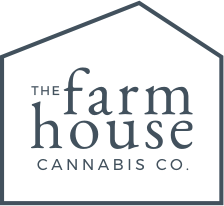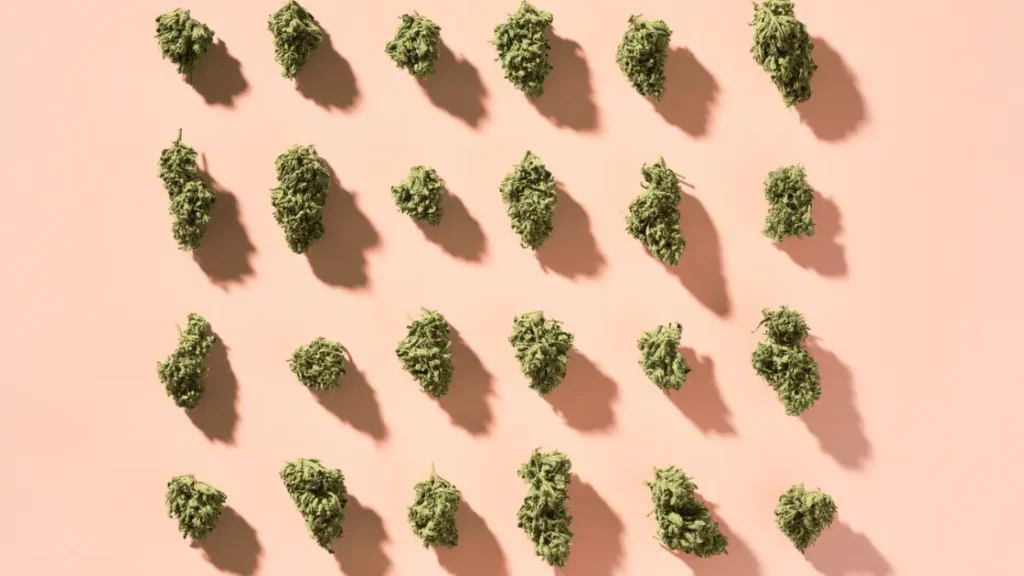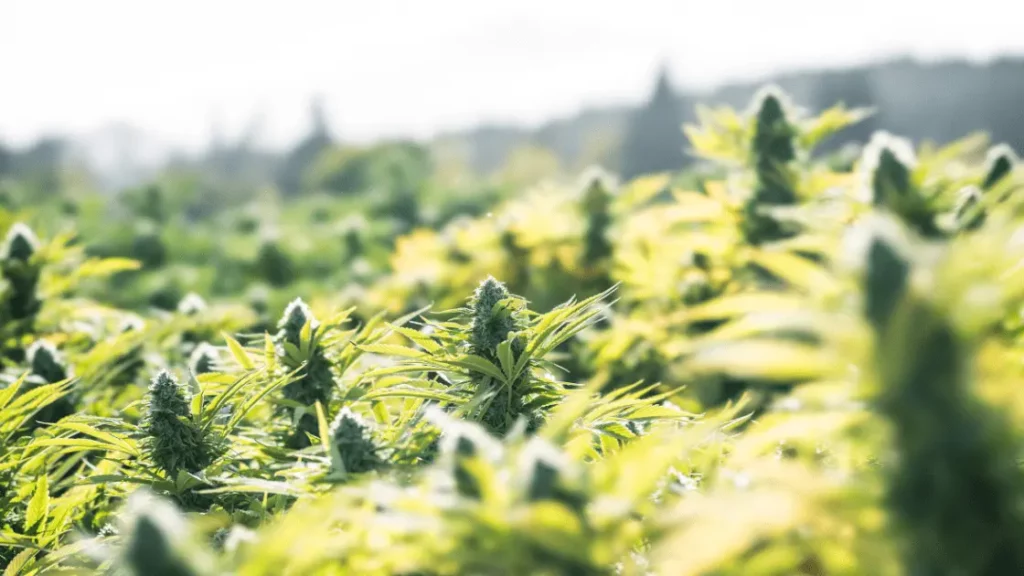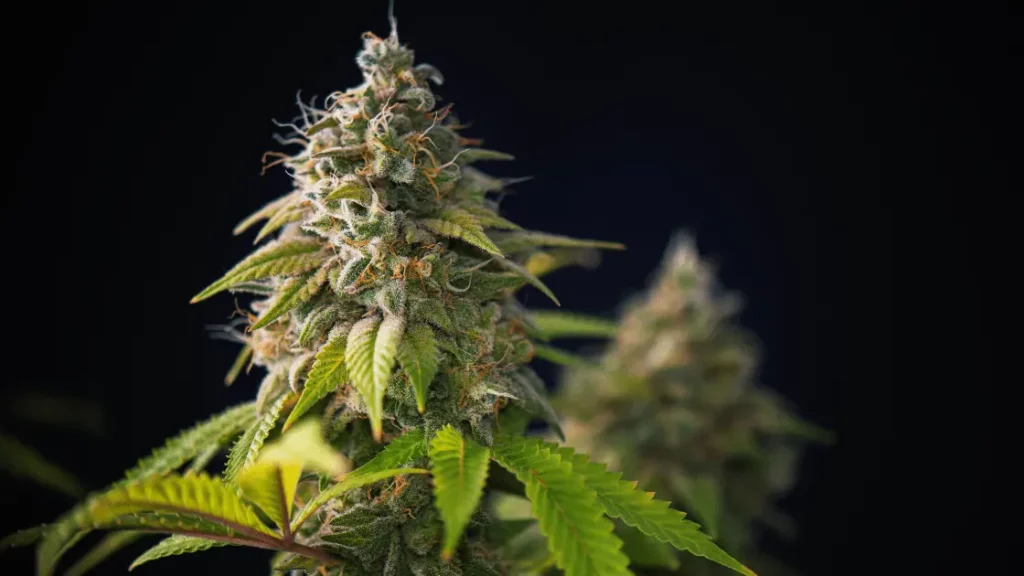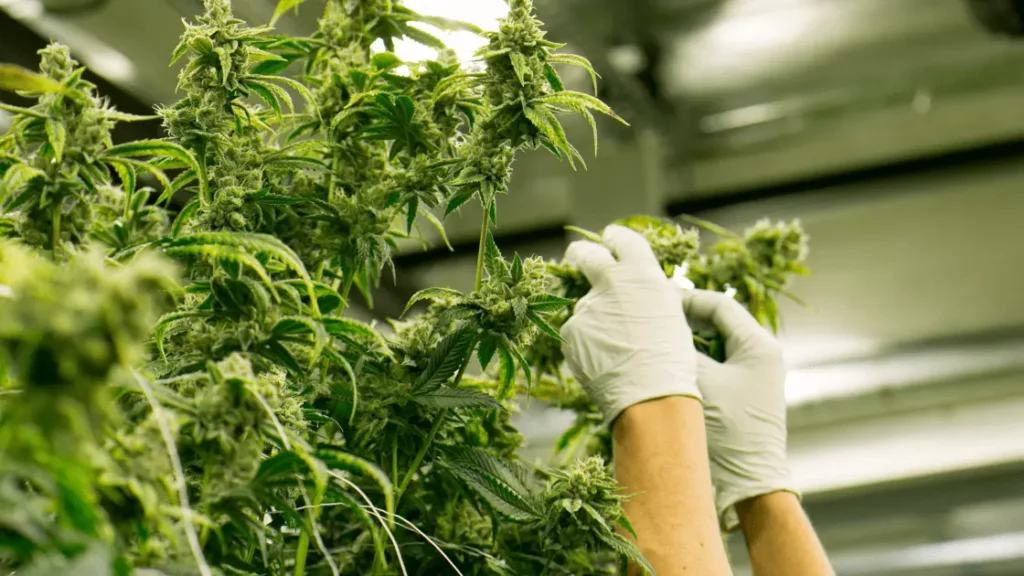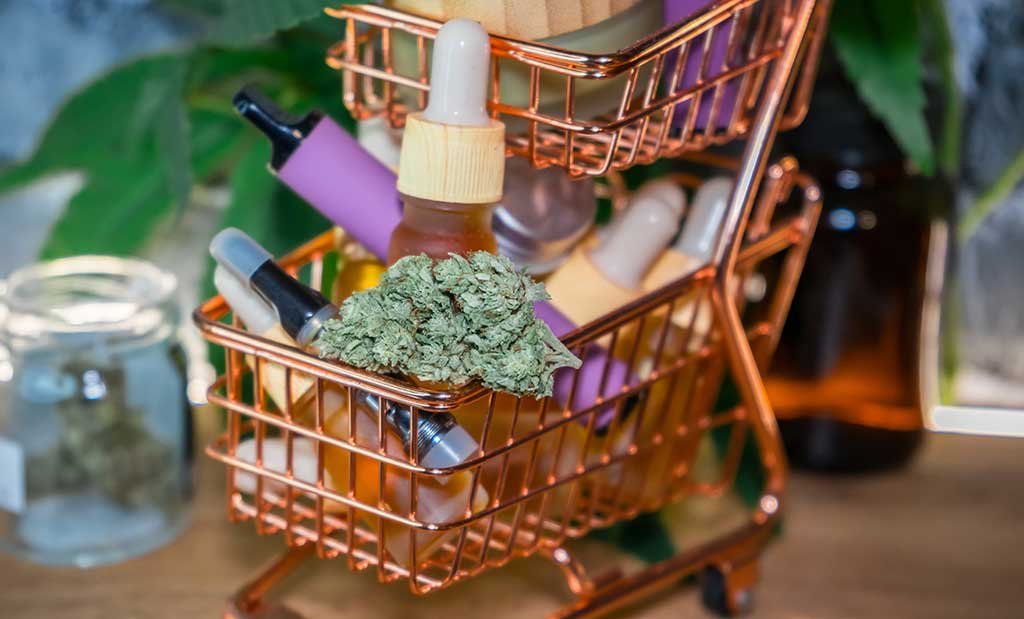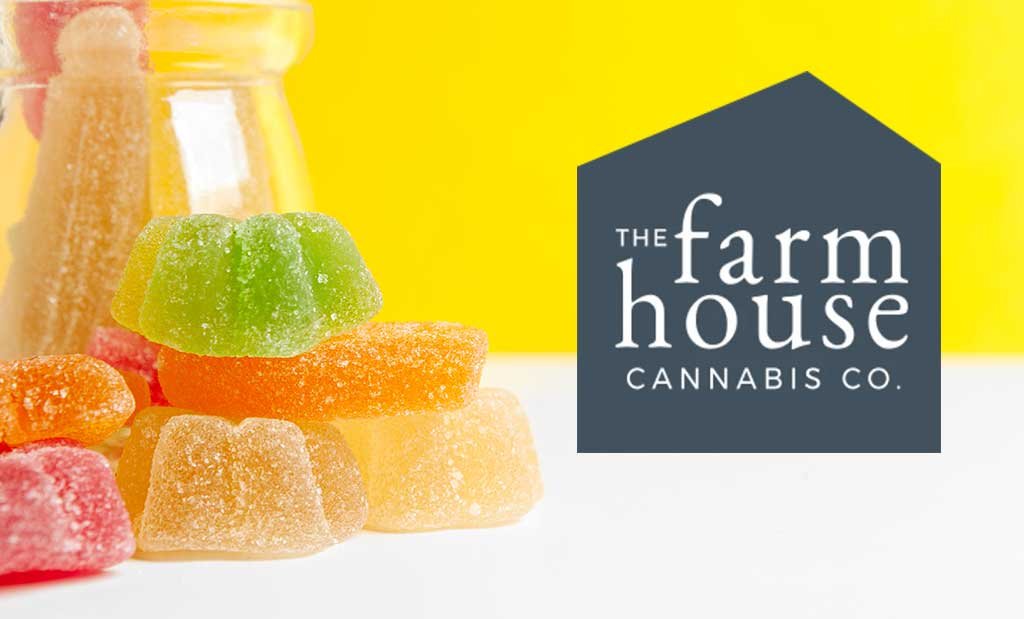Burlington, Ontario, has witnessed a significant transformation in the cannabis industry, with The Farmhouse leading the charge in emphasizing organic cultivation. Organic cannabis, devoid of synthetic fertilizers or pesticides, presents a cleaner, more sustainable alternative to traditional methods. This article delves into the magic of organic cannabis, its rising prominence in the cannabis sector, and its special significance in Burlington, Ontario.
Understanding Organic Cannabis
Organic cannabis, as offered by The Farmhouse in Burlington, refers to marijuana cultivated without synthetic chemicals, leaning instead on natural processes and inputs. The key characteristics of organic cultivation encompass the use of natural fertilizers, soil amendments, and pest control techniques. Furthermore, for cannabis to don the ‘organic’ label, it must strictly adhere to regulations and secure the necessary certifications, ensuring its absolute purity and quality.
Benefits of Organic Cannabis
For those who browse the gorgeous collection at The Farmhouse, the benefits of organic cannabis are manifold. Consumers enjoy numerous health advantages, notably reduced exposure to harmful chemicals. From an environmental perspective, organic cultivation methods are more sustainable, leading to diminished soil degradation and water pollution. Moreover, organic cannabis promises a safer and cleaner consumption experience, free from potential synthetic additive risks.
Organic vs. Conventional Cannabis: The Distinct Difference
While organic cannabis, such as that found at The Farmhouse, relies on natural inputs, conventional cultivation frequently employs synthetic fertilizers and pesticides. These chemicals can introduce potential health risks to consumers, including respiratory complications and allergic reactions. Additionally, there’s a noticeable quality disparity, with organic cannabis often boasting richer flavors and aromas, making it a fantastic choice for enthusiasts.
The Significance of Organic Cannabis Flower
The cannabis flower, or bud, remains the most consumed part of the plant. Factors like soil quality, sunlight, and cultivation methods dictate its quality. Organic cannabis flowers, nurtured under natural conditions, often showcase enhanced benefits, including elevated cannabinoid profiles and terpene levels.
The Rising Demand for Premium Marijuana Products
As the cannabis market matures, especially in Burlington, Ontario, there’s a palpable shift towards quality. Consumers are increasingly keen on premium products, valuing purity and cultivation techniques. This trend offers vast opportunities for organic cannabis producers like The Farmhouse, positioning them at the forefront of a burgeoning luxury market.
Organic Cannabis Certification and Labels
Certifications play a pivotal role in the organic cannabis market, especially in Burlington. They provide consumers with assurance regarding product quality and cultivation methods. Recognized labels, such as USDA Organic, signify adherence to stringent standards, helping producers like The Farmhouse gain consumer trust.
Organic Cannabis Cultivation Techniques
Organic cultivation emphasizes natural processes. This involves meticulous soil preparation, using organic matter and compost, and employing natural strategies for pest and disease control, such as beneficial insects.
Best Practices for Organic Cannabis Cultivation
Sustainability lies at the heart of organic cultivation. Practices like composting, recycling organic waste, and companion planting not only enhance crop quality but also promote biodiversity. By fostering a diverse ecosystem, organic farmers can naturally deter pests and improve soil health.
Challenges in Organic Cannabis Production
Despite its benefits, organic cultivation isn’t without challenges. Regulatory hurdles, especially in regions with nascent cannabis industries like Burlington, can be daunting. Additionally, organic methods, while sustainable, can be costlier, posing challenges for large-scale operations aiming to maintain quality.
Consumer Education and Awareness
For organic cannabis to truly flourish, consumer education is paramount. Dispelling myths, highlighting benefits, and offering transparent insights into cultivation methods empower consumers to make informed choices, driving demand for organic products.
Organic Cannabis in the Medical Field
The therapeutic potential of cannabis is well-documented. Organic cannabis, free from synthetic chemicals, offers enhanced benefits for medical users. Ongoing research continues to explore the relationship between organic cultivation and efficacy in medical applications.
Sustainability and Social Responsibility
Organic cannabis cultivation goes beyond just producing quality products. It’s about eco-friendly practices, community engagement, and supporting local producers. By choosing organic, consumers and producers alike contribute to a more sustainable and socially responsible industry.
Conclusion
Organic cannabis is more than just a trend; it’s a testament to the industry’s evolution. As consumers become more discerning and producers more innovative, organic cannabis stands out as a driving force, heralding a new era of quality, sustainability, and social responsibility.
